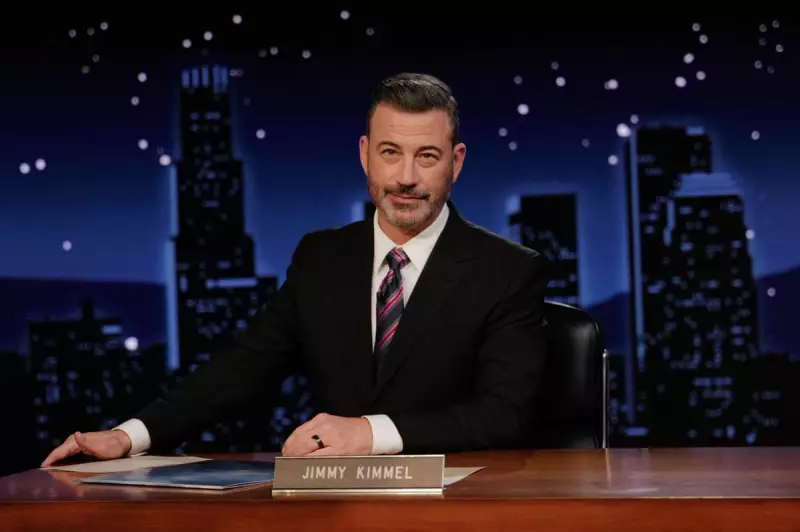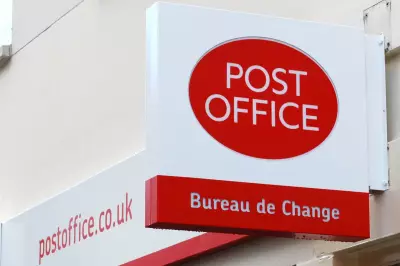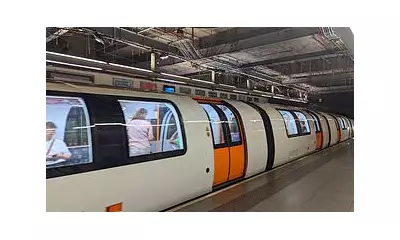
In a powerful segment that blurred the lines between entertainment and hard-hitting journalism, Jimmy Kimmel has turned his late-night spotlight onto what he describes as an impending "catastrophe" for American families. The popular host dedicated a substantial portion of his show to exposing the potential consequences of proposed cuts to the Supplemental Nutrition Assistance Program (SNAP), commonly known as food stamps.
The Human Cost of Political Decisions
Kimmel didn't hold back in his critique, presenting stark statistics about the millions of Americans who could face food insecurity if the cuts proceed. With his signature blend of humour and seriousness, he painted a vivid picture of the real people behind the numbers - families, elderly citizens, and children who rely on these benefits to put food on the table.
Food Banks Stretched to Breaking Point
The segment highlighted how food banks across the United States are already operating at maximum capacity, with many reporting unprecedented demand. Kimmel argued that further cuts to federal food assistance would create an impossible burden for these charitable organisations, potentially leading to what he called "a hunger crisis of historic proportions."
Celebrity Platform Meets Political Commentary
This isn't the first time Kimmel has ventured into political territory, but the emotional weight and detailed research behind this segment marked it as particularly significant. The host used his substantial platform to amplify voices that are often unheard in political debates, bringing the abstract concept of "budget cuts" down to the kitchen table level.
The response from viewers has been overwhelmingly positive, with many taking to social media to share their own experiences with food insecurity and the vital role SNAP benefits play in their lives. Meanwhile, critics have questioned whether late-night entertainment is the appropriate venue for such political advocacy.
What remains clear is that Kimmel has successfully ignited a crucial conversation about food poverty in America, forcing viewers to confront the human reality behind political decisions that might otherwise seem distant or abstract.





